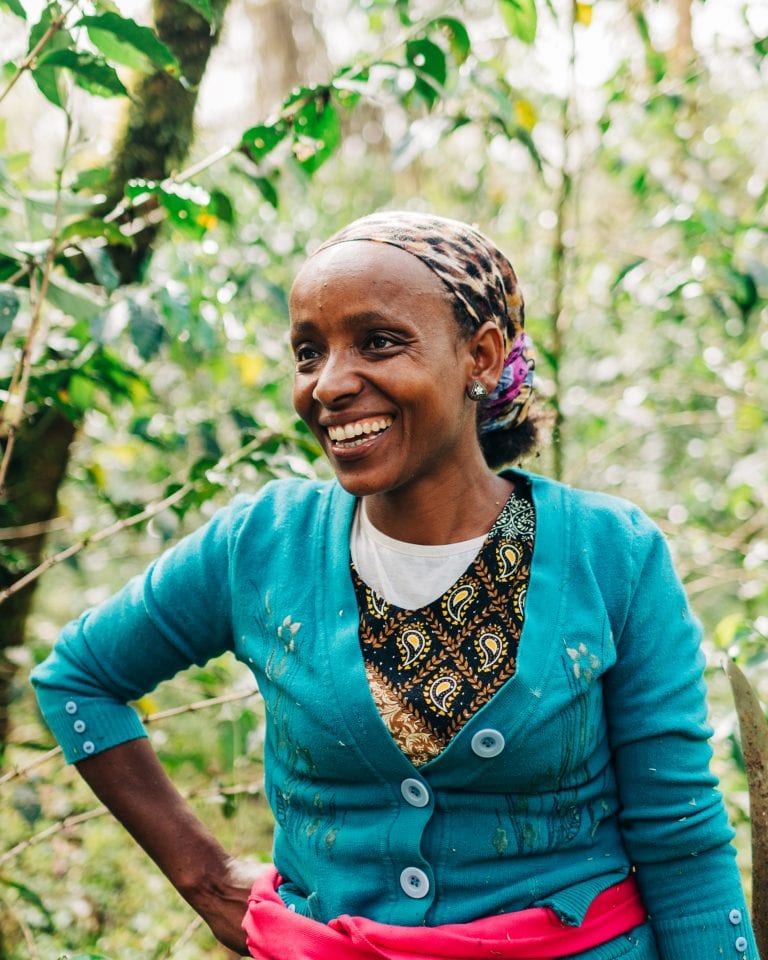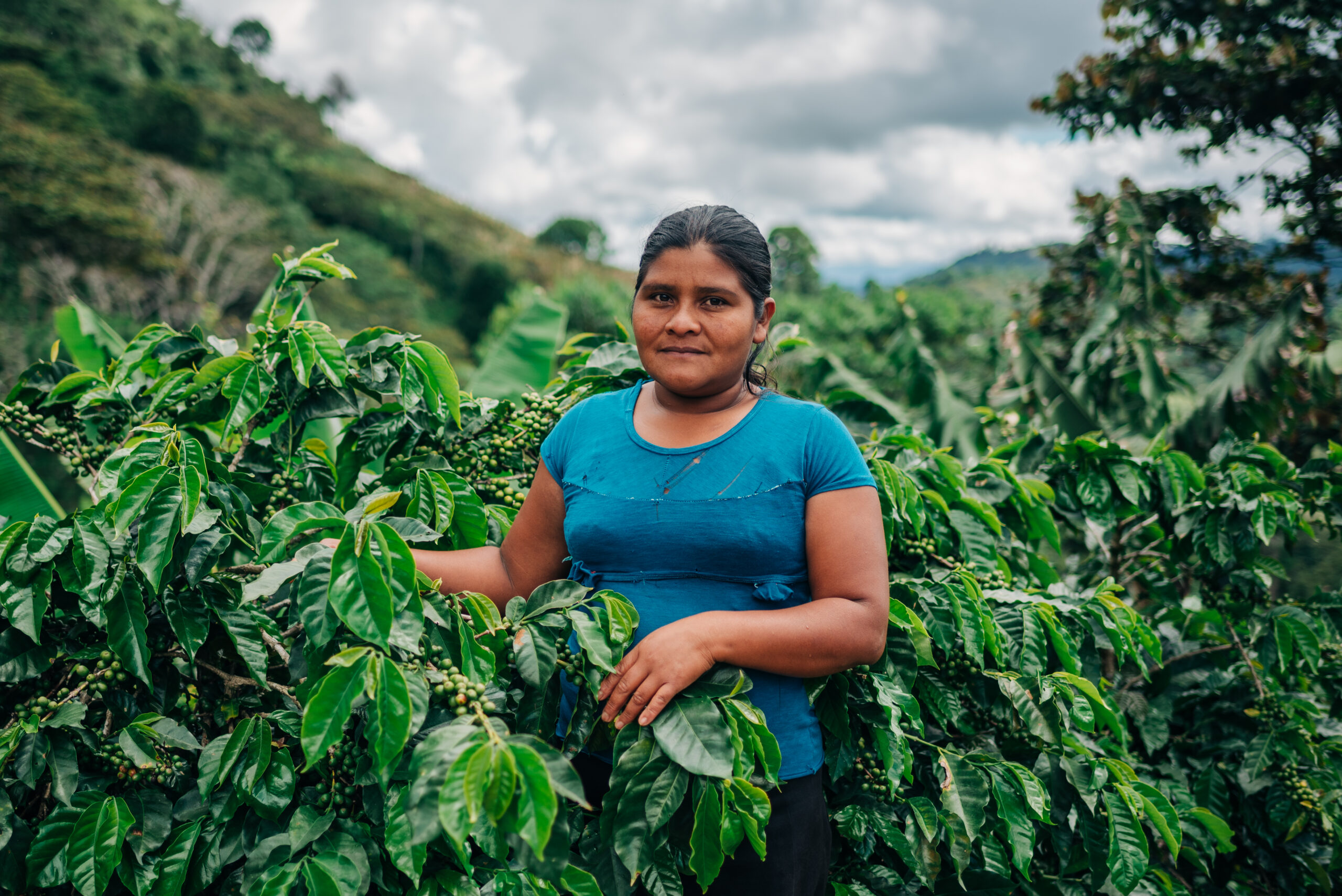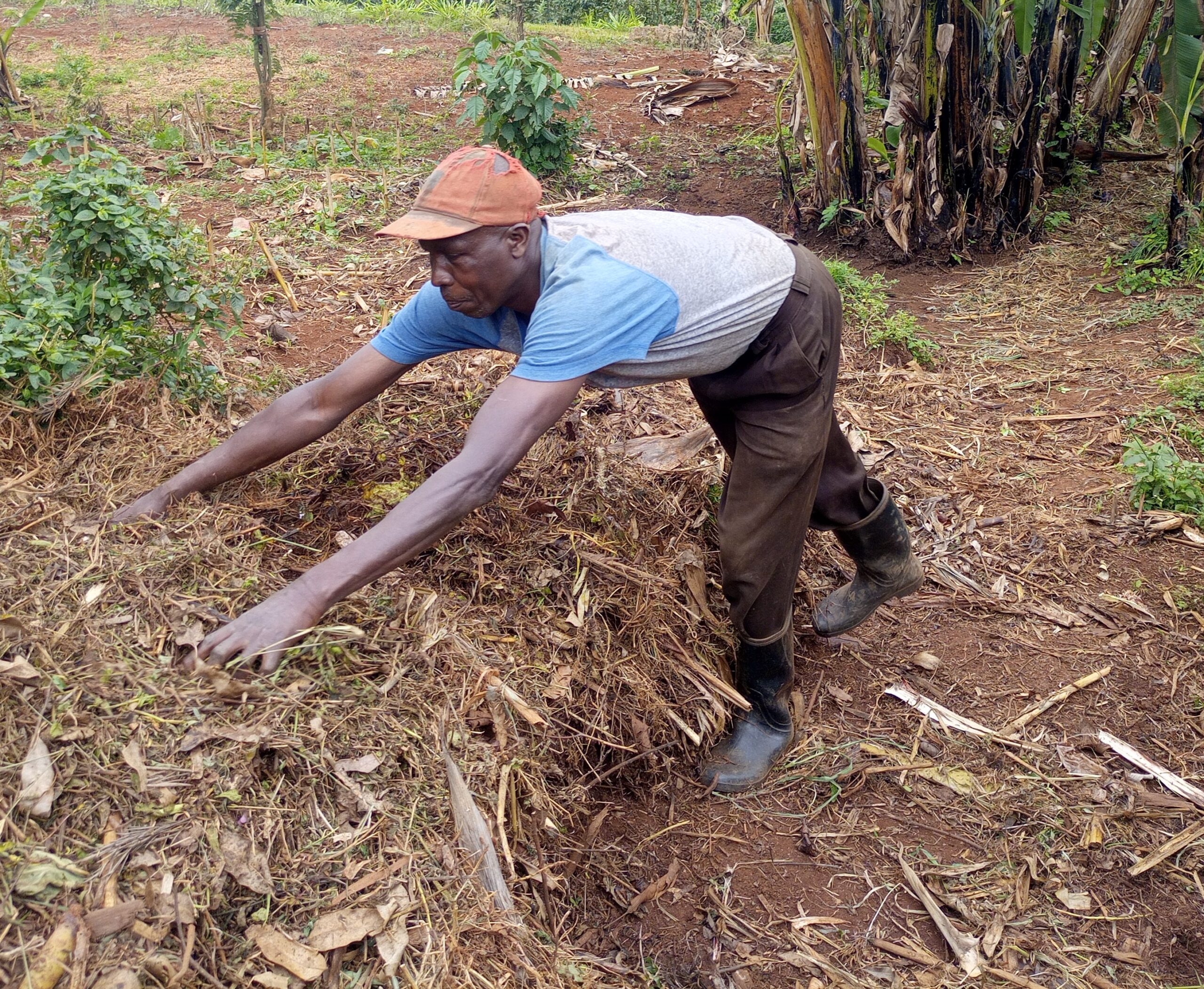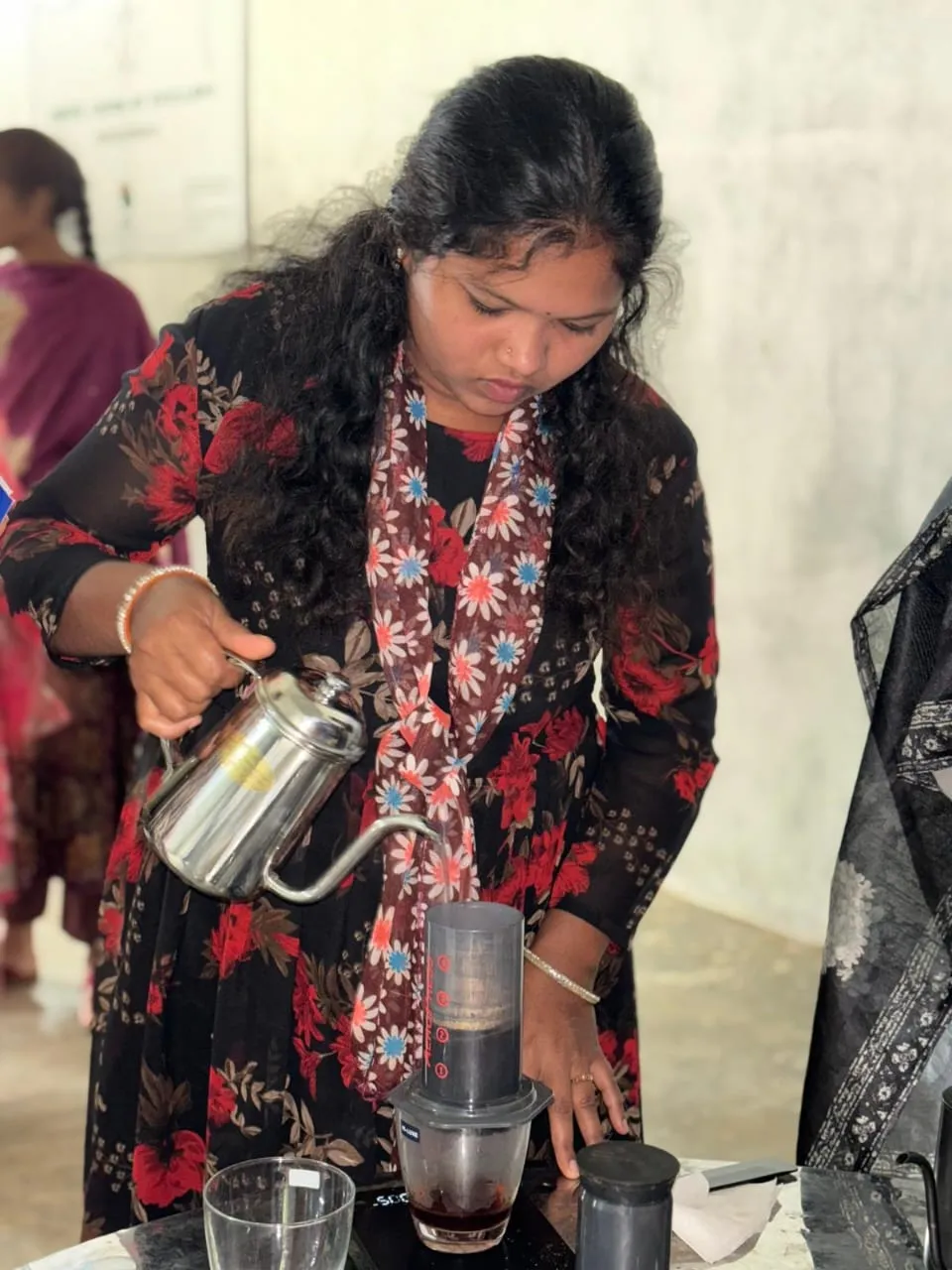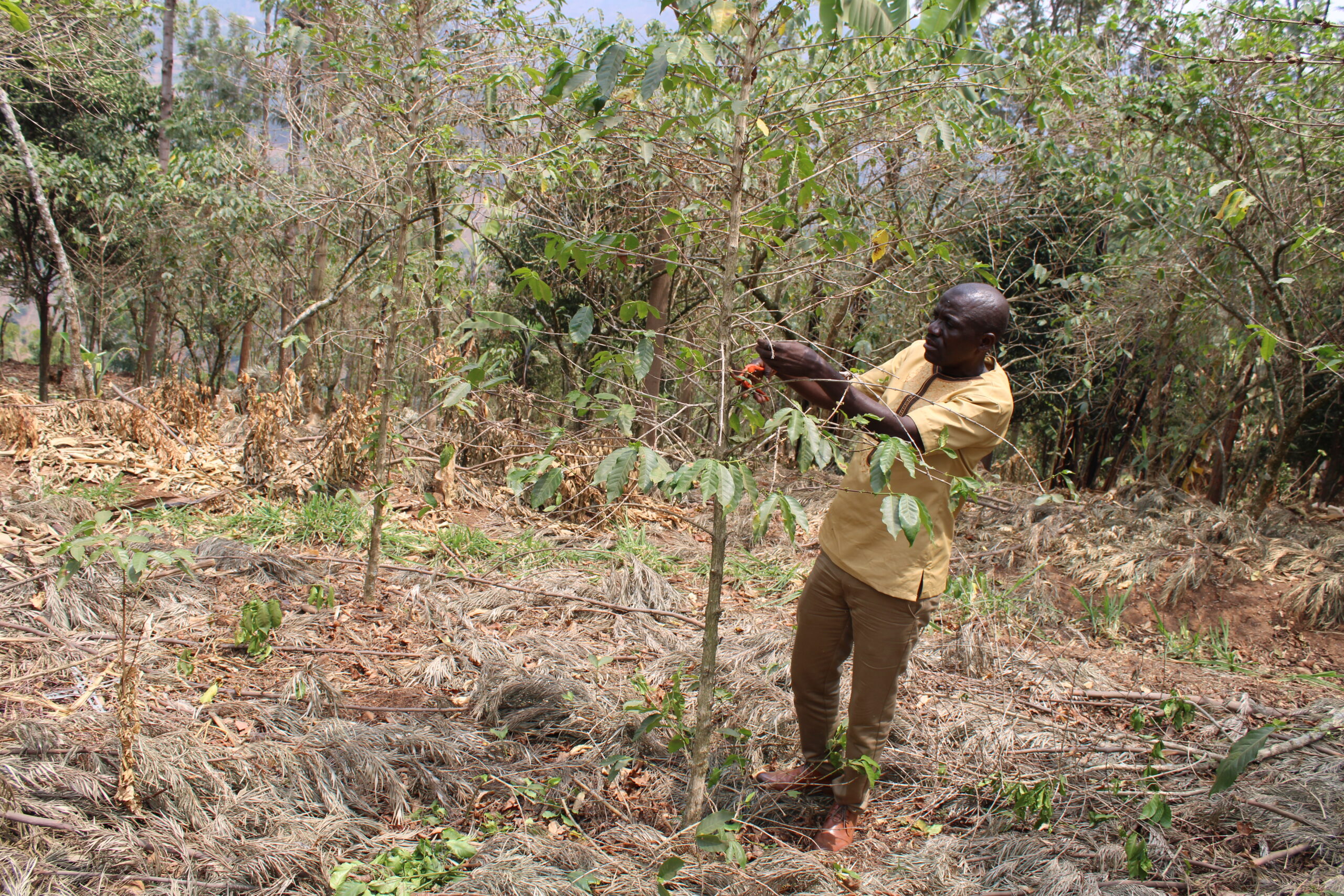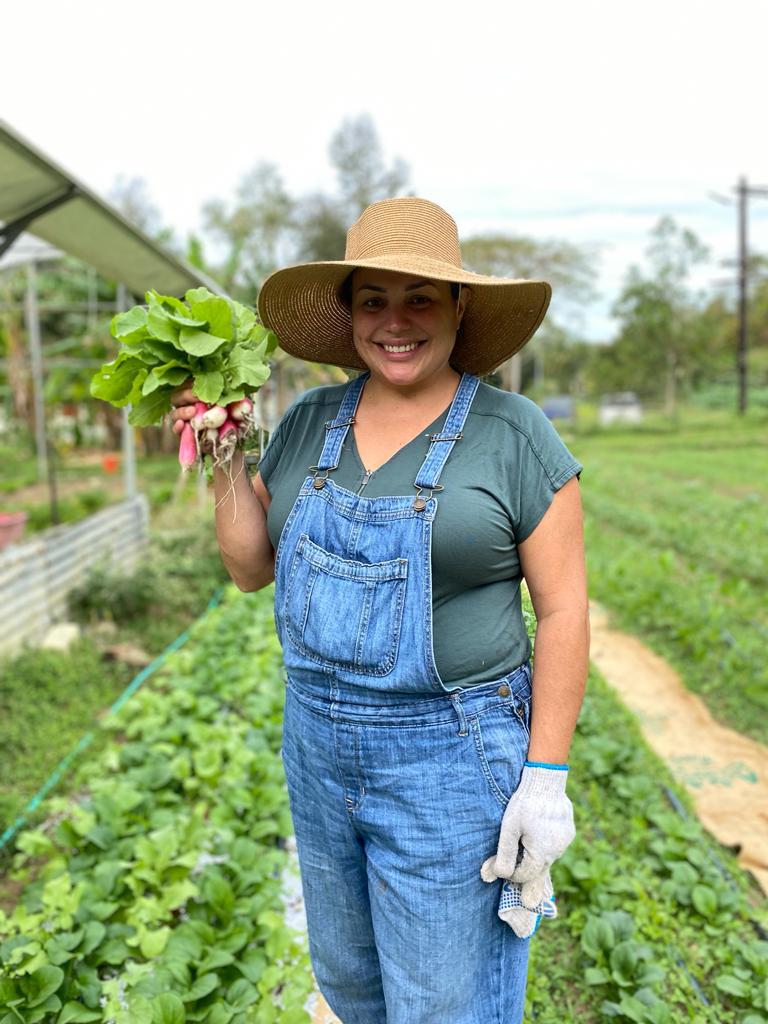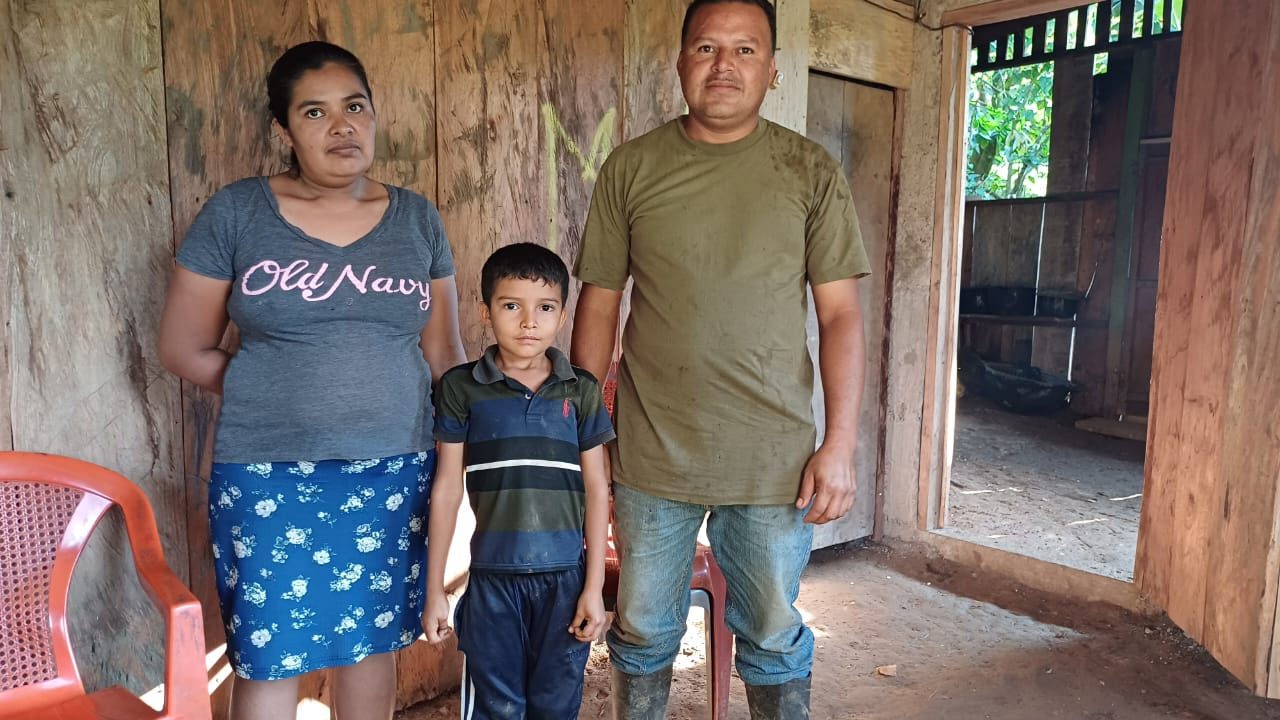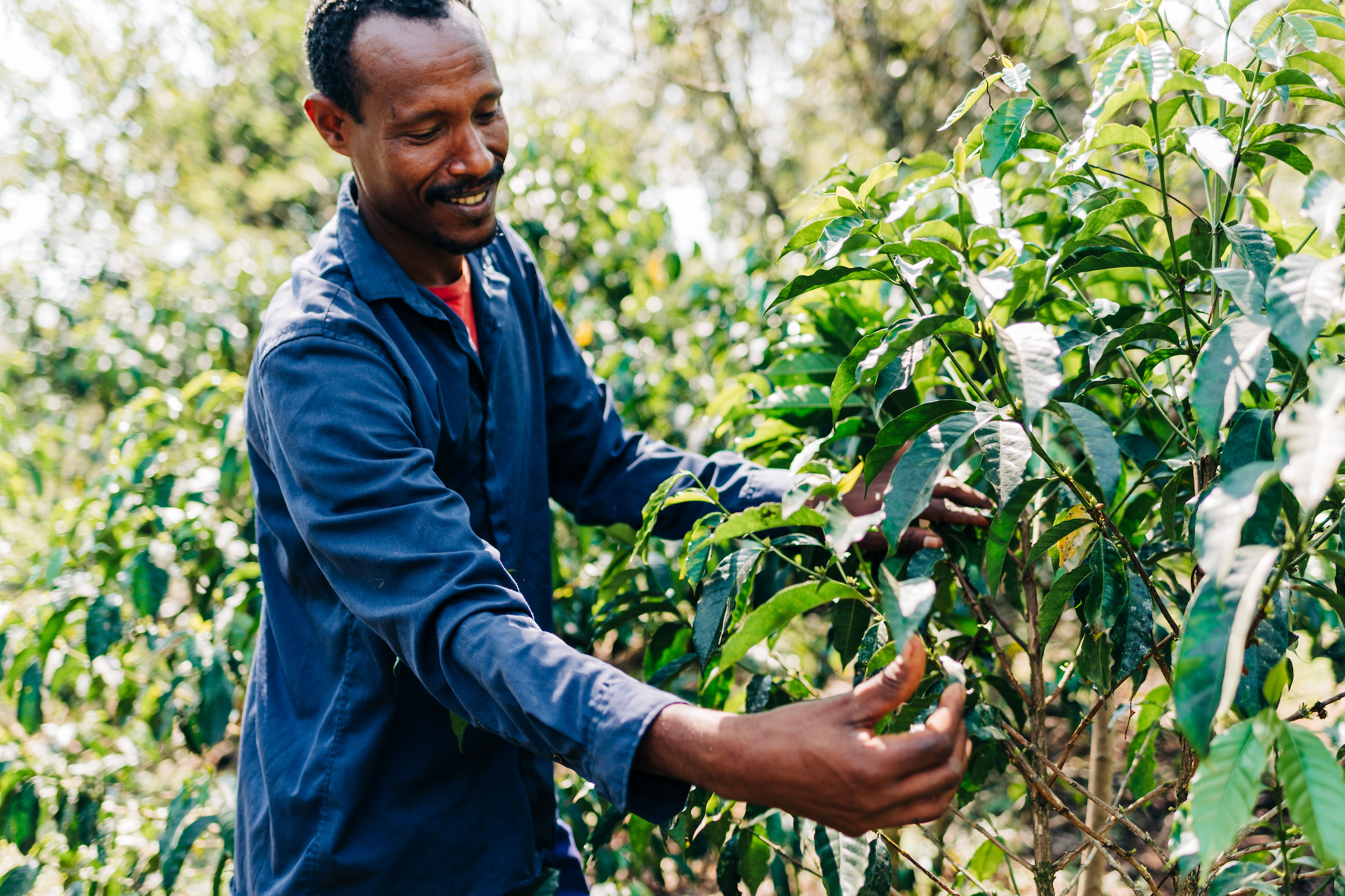technoserve
One Million Coffee Farmers Trained. One Million Stories of Change.
Since 2009, TechnoServe has provided one million farmers with coffee training to improve their livelihoods, protect the environment, and ensure a better future for their families and communities.
Concrete results from our global coffee work, backed by rigorous measurement.
Impact Pillars
1
Farmer Livelihoods: By helping farmers improve their coffee productivity and quality, agronomy training provides families an opportunity to prosper.
2
Climate and Nature: Training enables coffee-growers to adopt more sustainable, regenerative practices and boost production on low-emission, climate-friendly farms.
3
Ensuring Coffee’s Future: Agronomy training helps farmers build resilience and makes coffee-growing more attractive for the next generation, securing the supply for a growing world of coffee lovers.
Our Evidence
Rigorous measurement and learning are critical to understanding and scaling our impact. Here are a few third-party studies of TechnoServe’s coffee training programs.
Final Evaluation Report: Sustainable Agriculture Improvement Project (MAS) | Honduras | Coffee farmers participating in the MAS program earned double those in a control group, adopted good agricultural practices at higher rates, and applied twice as much organic fertilizer to their farms
Evaluation of the TechnoServe East Africa Coffee Initiative | Rwanda | Five years after training, 78% of farmers were still using at least half the practices taught in the Coffee Farm College
Uganda Coffee Agronomy Training Impact Evaluation Report | Uganda | RCT finds that even amid COVID-19 disruptions, farmers who participated in TechnoServe training improved yields by 20%
Faces of Impact
Technoserve
Training the Next Million Farmers
Globally, 5.5 million coffee-farming families still live in poverty. But we can change that. In partnership with leading coffee roasters, governments, foundations, and generous individuals, TechnoServe is providing its proven, transformative coffee training to more farmers around the world. Building on what we’ve learned from training the first million, we’re making our approach even more effective, efficient, and inclusive, so more families can grow sustainable livelihoods.
Together, we can grow opportunity—one farm, one family, one future at a time.
Be Part of the Future of Coffee
Get Involved
Learn more about the business case for regenerative coffee.
Help us train more farmers like Lubaba and Biruta, empowering them to lift their families out of poverty
Help us train more farmers like Lubaba and Biruta, empowering them to lift their families out of poverty
